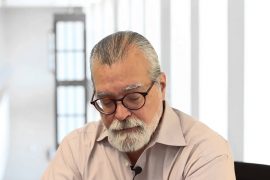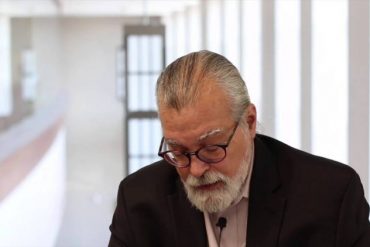Plato had a lot to say about change: Everything changes and nothing stands still. And: You could not step twice into the same river. We don’t always remember that transitions are irreversible, even when it seems they aren’t. You can always change your mind and go back on a decision, but what you go back to won’t be the same as what you’ve left. Everything we touch, everything we do, leaves a mark.
My contemplation on change is prompted by my having just moved to another part of the country. I’ve spent a lot of time reminiscing—it is a way of keeping things alive, and recalling my motivations. It’s important to remember the past because it is the foundation of everything else you do and understand. The past offers concrete justification for my choices.
I can’t forget the positive influences I found in the place I have just left. The friend/mentor who encouraged me in my freelance pursuits, for example—I wouldn’t want to forget him. How about the neighbour friend with the magic spaghetti dinners, and her ten-year-old daughter who was often an inspiration and a joy? That friend went to great lengths to help me with my move, and it led to a shedding of tears for us both when it came time to part ways. In difficult times, she had a simple faith that ‘things will work out,’ and they invariably did. It’s a lesson I struggle with, but it was ‘things working out’ that brought me from the Old to New World. Her daughter reminded me of the importance of simplicity—sometimes the answer to ‘why’ is simply ‘because’. She thinks outside the box, spontaneously composes songs such as ‘Dancing with the Boogie Man’, and asks ‘What do you think Jesus does on His breaks?’ (A reasonable question for a parochial school student, yes?)
After my departure, my young friend looked within and wrote an eloquent and very frank account of how it feels to a ten-year-old to lose a close friend. Sometimes what a person does leaves a big mark in our hearts (she wrote), but when they leave it’s like someone ripped out our hearts and took it so we could never love.
Transitions are inevitable. We grow, we change, we adapt or we languish and die. We need to look within; our satisfactions and dissatisfactions motivate us. My leaving was painful for her, and was an inevitable lesson. The favourite teacher, the beloved grandparent, the family pet, the best friend—they will leave at some point. Lessons of impermanence are brutal. They are accompanied by an equally painful awakening—we may do things for the benefit of others that hurt us. We packed you up and loaded you into a van, and sent you away because we love you. I confess it is an expression of love that makes me think twice before I recognize its value.
Transitioning is complex. It entails risk, entering the unknown, and sacrifice. No one escapes it, few enjoy it, but it is a large part of life. When we make that choice to change, it can have an impact on others, whether we like it or not. Surprisingly, things do work out; the pain of loss is comparatively brief, the fear of risk and change passes—all because of an additional choice—to move forward.
The past will always be with us. The lessons we learnt, the joys and sorrows we experienced, will leave a big mark in our hearts, and actually, the pain we feel is something we feel because we love, and want to continue loving. My young friend wasn’t wrong, but she’s ten and will learn someday there is a future, and things get better, and she will love again.
As her mother said, ‘things will work out.’
Paul TN Chapman
[email protected]
————————————————————————–
If you enjoyed reading this, please take a look at my eBooks on Amazon.com:
Behind These Red Doors: Stories a Cathedral Could Tell : http://amzn.to/1iGMFUp
Behind These Red Doors: Stories a Cathedral Could Tell Vol 2: http://amzn.to/1HIXJ1D
Lives of the Ain’ts: Comedic Biographies of Directors Errant: http://amzn.to/1nPvqoc
The Inn of Souls: http://amzn.to/1lD7xjJ
These books are also available in paperback on CreateSpace.com.




